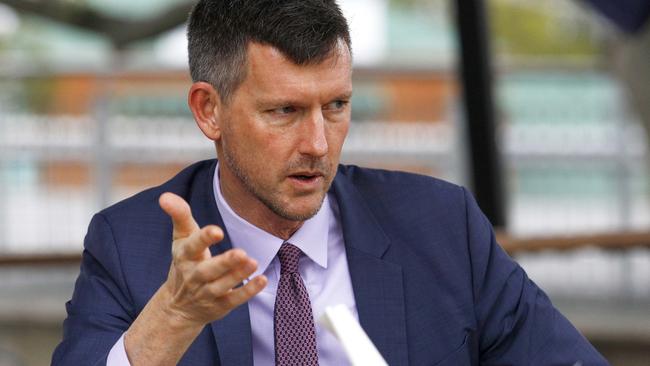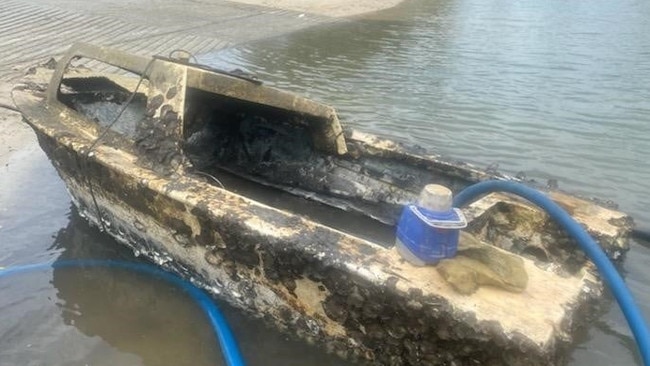Maritime Safety report reveals Gold Coast had most marine accidents in 2020, two fatalities
The tragedies that occurred on our roads last year were echoed on our waterways too. DETAILS >>>
Gold Coast
Don't miss out on the headlines from Gold Coast. Followed categories will be added to My News.
- FIRST LOOK: Inside new Gold Coast mass vaccination hub
- Coast MP’s ‘offensive, disrespectful’ behaviour draws outrage
- Next step for 148ha ‘eco-parklands’ for Coast
THE Gold Coast had the highest number of boating accidents across all of Queensland in 2020.
A new Maritime Safety report revealed 104 boating accidents were reported in Gold Coast waters last year. Two people were killed and 14 hospitalised.
Forty-nine people were injured in total.

The Gold Coast recorded more than double the number of incidents in Gladstone (70 in the same period) and almost double those on the Sunshine Coast (55).
Transport Minister Mark Bailey said the report was distressing.
“Sadly, the tragedies we saw play out on our roads last year were echoed on our waterways too,” he said.
“Despite less cars being on the road during lockdowns, more Queenslanders took risks like speeding or drug driving, resulting in more deaths and severe injuries.
“We also saw an increase in boating activity during the Covid-19 hiatus accompanied by an alarming rise in person-overboard incidents.”
He added the report confirmed a significant rise in the number of new boats in 2020, with an extra 7224 recreational vehicles registered statewide.
“This was a (more than) three times the number we would expect to see in any given year,” he said.

“There were 33 reported incidents of people going overboard in 2020 which included 14 of the 17 fatalities, the highest in 10 years.
“While the circumstances may differ over time, the water safety message hasn’t changed.
“Boat operators need to keep a proper lookout at all times and always travel at a safe speed. Most importantly, they must have enough life jackets for all on board and ensure they wear them whenever there’s a heightened risk.”


